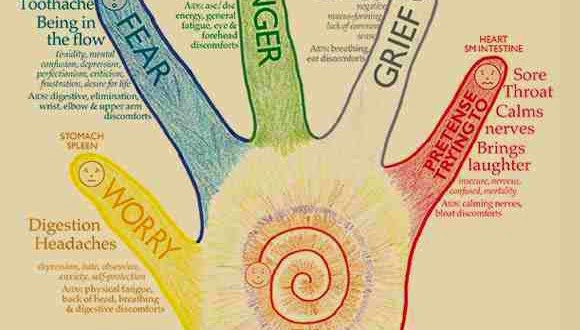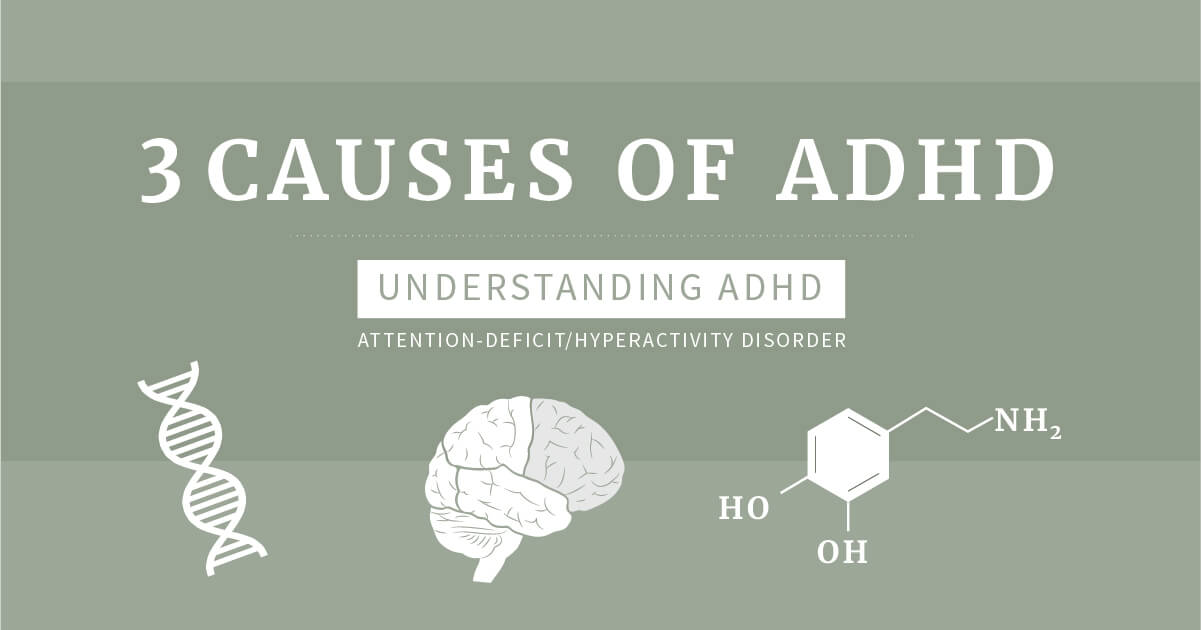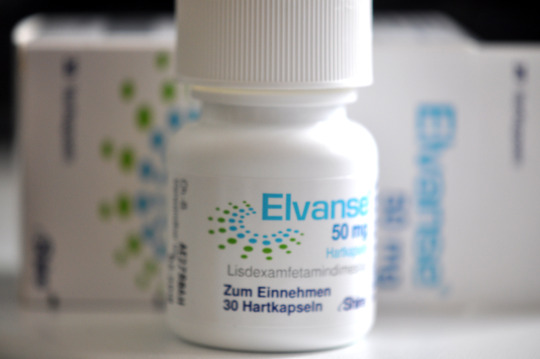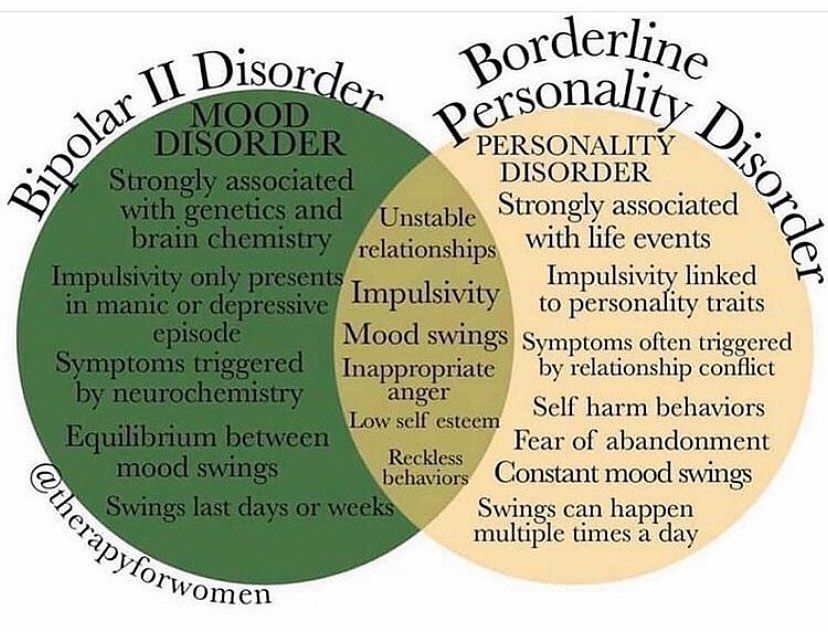What not to do after an affair
The 7 Dreadful Actions: What Not To Do After an Affair » Individual, Relationship, Couples & Marriage Therapy
When the unthinkable happens, how do you respond? The most natural response is to just act on whatever feels good in the moment. There are many responses to discovering that your partner has cheated – and all of them feel valid in the moment.
However, in the days and weeks after the discovery, some reactions hinder healing. This holds true whether the choice is to stay together or separate. I would like to advise you of a few things NOT to do after discovering that your mate had an affair. (Take our advice. We see these happen frequently…and it’s never helpful).
The 7 Deadly Sins: What Not To Do After an Affair
Tell Your Entire Family & All Your FriendsAfter discovering the affair, it may seem natural to want to talk to others about it – whether it is to turn to others for support or to embarrass your partner. However, there is a lot of uncertainty surrounding your relationship. There is no clear answer if you are going to stay together, break up, hate each other, love each other, etc. If there is any chance of repair in this relationship, it is important to make the best decisions now in order to keep from hindering the healing process. Imagine six months to a year from now: you and your partner have worked hard to repair your relationship, but now your close friends and family have a lot of hate and resentment. This makes the road to reconciliation far more difficult.
Allow some time to pass so that you and your partner can determine the state of your relationship before sharing with others. When it is time to share, it is best to develop a plan of what to share and with whom. This is especially important regarding what and when you are going to tell your closest relationships (i.e., parents, children, siblings, friends, neighbors, and co-workers).
The exception to this is a therapist or physician. These professionals are bound by laws of confidentiality. They will protect your privacy while helping to guide you through the next steps of your mental and physical health.
They will protect your privacy while helping to guide you through the next steps of your mental and physical health.
I get it…you’re hurt. Your first reaction is to get angry and want revenge. However, putting demeaning comments about your partner or spouse on social media is not helpful. Remember, social media lives forever. Once you put it out there, you can never get it back (even if you delete it from your timeline or feed). It is very important to protect yourself and your partner by what you put on social media. When you are calmer, you will likely regret what was posted on social media. But your 2,754 friends will remember that your partner had an affair as well as all the nasty mud-slinging that occurred between the two of you for the entire world to see.
Make Life Altering DecisionsOnce you find out that your partner has cheated on you, your life gets turned upside down. Nothing is certain. There will be many emotional reactions that happen all at once. Making huge decisions while you are flooded with emotions is not advised since clear thinking is difficult amid such uncertainty. After a time period, once you have begun to process some of your emotions and can think clearly, then you can make decisions that are the best for you and your family. Some decisions to avoid are:
There will be many emotional reactions that happen all at once. Making huge decisions while you are flooded with emotions is not advised since clear thinking is difficult amid such uncertainty. After a time period, once you have begun to process some of your emotions and can think clearly, then you can make decisions that are the best for you and your family. Some decisions to avoid are:
*Having an affair of your own in retaliation.
*Filing for divorce.
*Making large purchases.
*Changing the locks on your house after kicking your partner out.
*Draining the joint bank account and hiding the money.
The healing process after an affair takes time, patience, and a lot of difficult, emotional work. Some of these quick, large decisions can make the healing process more difficult than it already is and can mask the real issues. Take the time to take care of yourself emotionally so that you can clearly think through large decisions.
Place All Blame on The Other Affair PartnerThe first thing that needs to happen on the road to recovery is that your partner needs to take 100% of the responsibility for that act of betrayal toward you.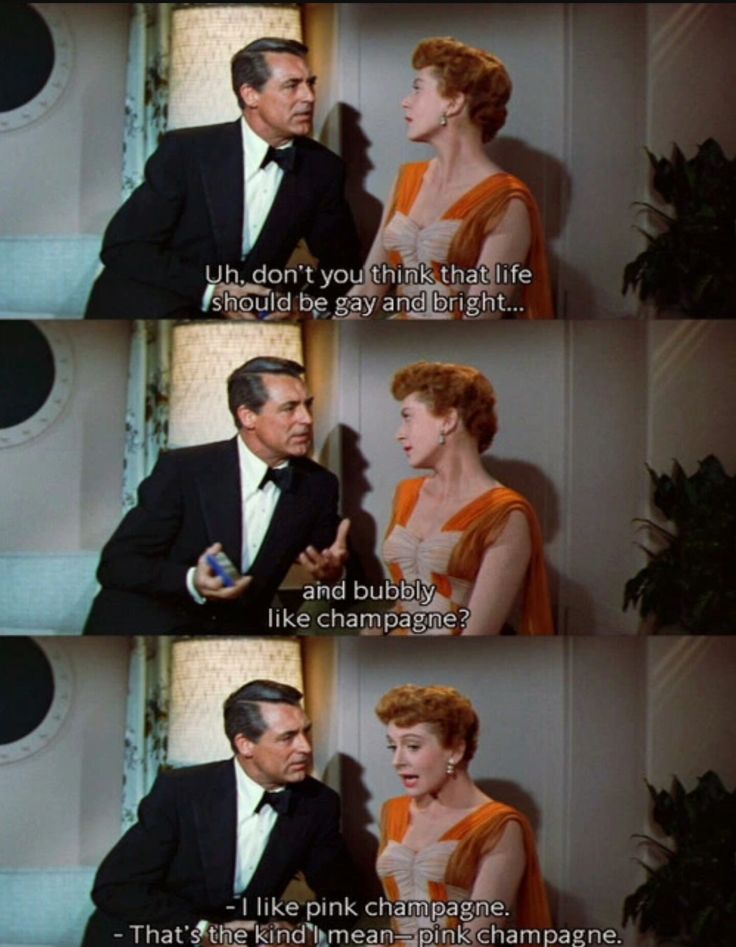 Yes, there may be other relationship issues that need to be addressed, but in the moment of discovery, those are secondary. If your partner does not accept full responsibility, then it is very difficult to assure that it will not happen again. If the partner can blame someone else (their affair partner), it becomes that person’s fault. Then it becomes an uncontrollable action that can be repeated.
Yes, there may be other relationship issues that need to be addressed, but in the moment of discovery, those are secondary. If your partner does not accept full responsibility, then it is very difficult to assure that it will not happen again. If the partner can blame someone else (their affair partner), it becomes that person’s fault. Then it becomes an uncontrollable action that can be repeated.
After discovering the affair, most people say they hate the “other person.” However, your reaction to that person could lead to behavior that may cause more harm for you than good. Many people consider finding the affair partner, confronting him/her, and perhaps “outing” them by telling their spouse or significant other about the affair. Other hurt parties find the affair partner on social media and “stalk” their social media pages to find out more information, or begin obsessing about this person, wondering, “why did he/she choose this person? What do they have that I don’t?” These thoughts or actions do not help you or your relationship–they only make things worse.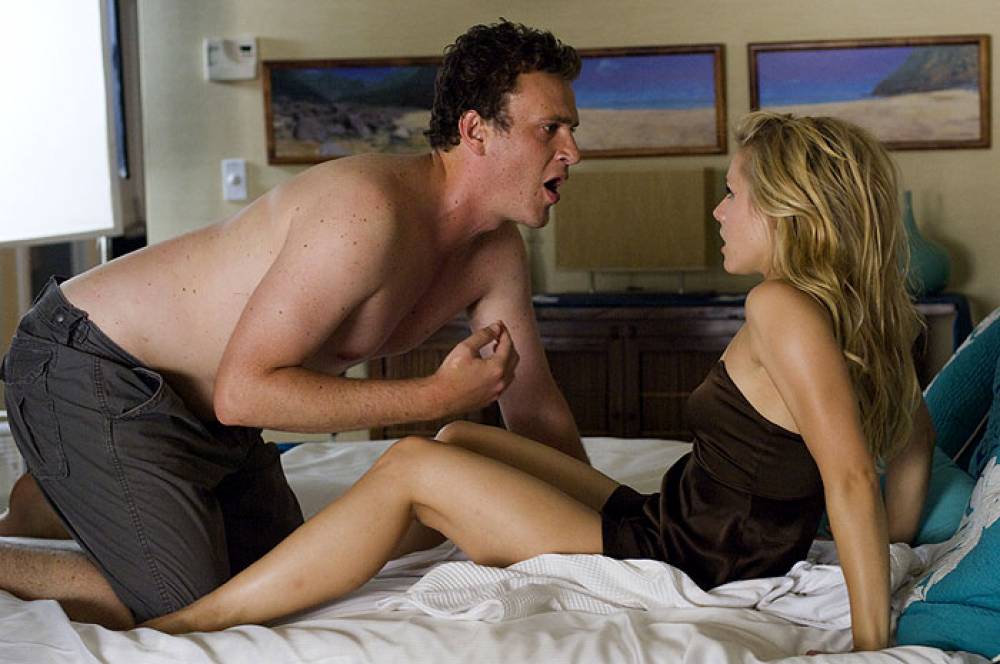 Many people hyper-focus on the other affair partner because that is a person or factor out of their control. Remember to only focus on yourself, your partner, and your relationship.
Many people hyper-focus on the other affair partner because that is a person or factor out of their control. Remember to only focus on yourself, your partner, and your relationship.
You have been betrayed. You are hurting. This is not your fault. You are not to blame.
Have you been perfect in your relationship? No, no one has. But in this moment, your mistakes are not an excuse for your partner’s betrayal. Protect your sanity in this moment and repeat this after me: “It is NOT my fault my partner betrayed me.” Repeat this as many times as it takes until you can believe it. This is the time to heal and help yourself begin to work toward making the best decisions for your family.
Think You Can Recover On Your OwnWhen your relationship has been through the betrayal and hurt that comes with an affair, it takes professional help to properly heal and move forward with life. I would love to tell you that you can do this on your own, but for lasting recovery, professional help is almost always necessary.
We can help. At Family Therapy Associates, we specialize in infidelity recovery. We would be honored to help you not only survive an affair but thrive in your relationship. Our clinicians are trained in evidence-based practices (models that are proven to work) that will help guide you on a path to recovery. You don’t have to work through this alone. If you have discovered an affair, give us a call or schedule an appointment today.
Check out our other related article, 9 Tips to Move Forward After the Affair.
7 Common Reconciliation Mistakes to Avoid After Infidelity
Cheating usually spells death for a relationship. The act shatters one of the most essential aspects of a loving relationship: trust. While infidelity isn’t the top reason for divorce, it’s among the most common because, for many people, cheating is an unforgivable, no-second chances mistake. Even when couples try to repair their marriage after infidelity, it’s a tough road ahead. For the person being cheated on, learning of an affair is emotionally devastating. Moving on from such a breach means repairing trust between someone who no longer seems trustworthy and another person reluctant to trust that person again. It’s unsurprising, then, that in one survey of 441 people who were unfaithful to their partners, less than 16 percent of respondents said their relationships survived the infidelity
Moving on from such a breach means repairing trust between someone who no longer seems trustworthy and another person reluctant to trust that person again. It’s unsurprising, then, that in one survey of 441 people who were unfaithful to their partners, less than 16 percent of respondents said their relationships survived the infidelity
But while rebuilding a marriage after infidelity isn’t easy, it’s certainly not impossible. Couples who are willing to try may be able to repair their relationship with patience and careful, hard work. It requires honesty and humility, maturity and consistency, love and time. It also helps to understand what common reconciliation mistakes to avoid along the way because digging a deeper hole won’t help anyone. From not asking yourselves the hard questions to trying to recover too quickly, here are some common reconciliation mistakes to avoid and why they cause trouble for those trying to mend a relationship.
1. Trying to Stay Together In the First PlaceThis may be a hard one to read. But it’s an important one to consider. Not all couples bounce back from cheating. And often the ability to recover depends on the nature of the infidelity itself. Stepping out on your spouse could be a crime of opportunity that occurred in a moment of bad judgment. Or it could also be a sign that the marriage was built on a poor foundation.
But it’s an important one to consider. Not all couples bounce back from cheating. And often the ability to recover depends on the nature of the infidelity itself. Stepping out on your spouse could be a crime of opportunity that occurred in a moment of bad judgment. Or it could also be a sign that the marriage was built on a poor foundation.
Cheating, notes Dr, Gail Saltz, psychiatrist and host of the “How Can I Help?” podcast, can reflect not just a desire for sex but a desire to end a relationship. “Sometimes the person who cheated did it, consciously or not, as a means of leaving a relationship,” she says. “Sometimes that person was going to leave anyway and that is their step out the door.”
So before reconciliation can take place the one who cheated needs to think long and hard about their actions and what they truly mean. While difficult to fathom, it’s a crucial step to take.
2. Going it Alone (Or Seeking Help Too Late)After a spouse cheats, every marital conversation can seem like walking through a minefield. Because of the fraught emotional landscape and the potential for explosions, an objective third party can play a critical role in leading couples to safer ground.
Because of the fraught emotional landscape and the potential for explosions, an objective third party can play a critical role in leading couples to safer ground.
“An outside therapist who is well-versed in such dynamics can be really helpful to mediate and point out where the issues are, the things that need to happen, and where you have blind spots,” Saltz says.
Saltz adds that unfortunately, couples may only turn to therapists as a last-ditch effort to save their marriage. But at that point, resentment has most likely eroded the chances for reconciliation.
“When so much disdain or deception or contempt for each other has already occurred, it’s really hard to come back from,” she says. “So earlier is better.”
3. Staying Under the Same Roof After The Infidelity Is DiscoveredThe first night that the affair becomes public is tense. According to Lisa Concepcion, a life coach specializing in divorce and infidelity issues, a common mistake is sweating it out together in close quarters.
“Emotions are elevated and rightfully so,” she says. “People aren’t thinking right because they are in fight or flight mode.”
For the health of the marriage, Concepcion says it’s important to put some distance between the people in the marriage.
“The best thing to do is find a friend or a hotel to stay at for a cooling-off period so both parties can have the freedom to gather their thoughts and assess their feelings without any outside influence,” she says.
4. Telling Friends and Family Right AwayWhile the hours and days following the revelation of infidelity can be lonely and confusing, Concepcion says that both spouses need to resist the urge to reach out to their social networks for support until they figure out how they plan to go forward with the relationship.
“It is important that you first assess where you are with everything,” she says. “Perhaps you have a firm boundary regarding infidelity, haven’t been happy, and want to divorce. Or perhaps you want to try to repair the relationship. It’s best to come together on next steps and be on the same page before sharing personal business with family.”
Or perhaps you want to try to repair the relationship. It’s best to come together on next steps and be on the same page before sharing personal business with family.”
Too much disclosure about the affair can spell doom for the relationship, warns Sexologist and sex educator Susanah Weiss. While it’s critical to be forthcoming, it’s essential to keep track of the motivation for confession.
“It’s important to ask yourself if this desire comes from a desire to help your partner recover from the incident or from a desire to alleviate your own guilt,” she says.
The important thing, she says, is to focus on is the cheater’s feelings and motivations for cheating, not the cheating itself.
“Hearing all about the other person or the sex may unnecessarily exacerbate feelings of jealousy,” Weiss says.
And just as the cheater shouldn’t overshare, the person who was cheated on needs to discern which details are important for them to understand.![]() They deserve an honest account of what happened and why it happened. They likely don’t need — or want — to hear a detailed play-by-play about how it happened.
They deserve an honest account of what happened and why it happened. They likely don’t need — or want — to hear a detailed play-by-play about how it happened.
While it can be a mistake to indiscriminately dump all the details of an affair onto your spouse, withholding information can be just as bad. The challenge for couples trying to reconcile after cheating is in striking the right balance of information.
Naomi Yano, a couples therapist who specializes in infidelity recovery, says that couples she works with often get caught in communication loops that prevent their relationship from recovering. Common elements include what she calls “trickle truth,” where the cheater tries to protect their partner by selectively revealing the truth about their affair.
“They usually mean well when they don’t disclose details, believing it will hurt their already hurting partner,” she says. “This actually has the opposite effect. Every time the hurting partner learns again that something was concealed, they return to ground zero with rebuilding trust. ”
”
Marriage coach and relationship expert Lesli Doares says couples who rush through the reconciliation process won’t achieve the results they want. Repairing the marriage after infidelity is slow, difficult work. But, she says, it has to be done, for the sake of both parties.
“There is often a rush to get through it and have things go back to normal,” she says. “But normal was part of the problem.”
Doares notes that going outside the marriage is a sign of troubles elsewhere in the relationship.
“Infidelity just compounds whatever the issues were, it doesn’t make them go away,” she says. “Healing is a slow process and, often, an uneven one. It’s like peeling an onion — there are often several layers for both partners.
The bottom line is that reconciliation after infidelity isn’t possible unless both parties commit to doing the work needed to build back trust and repair the relationship. But if each person isn’t committed to that goal, they’ll only patch things up on the surface level.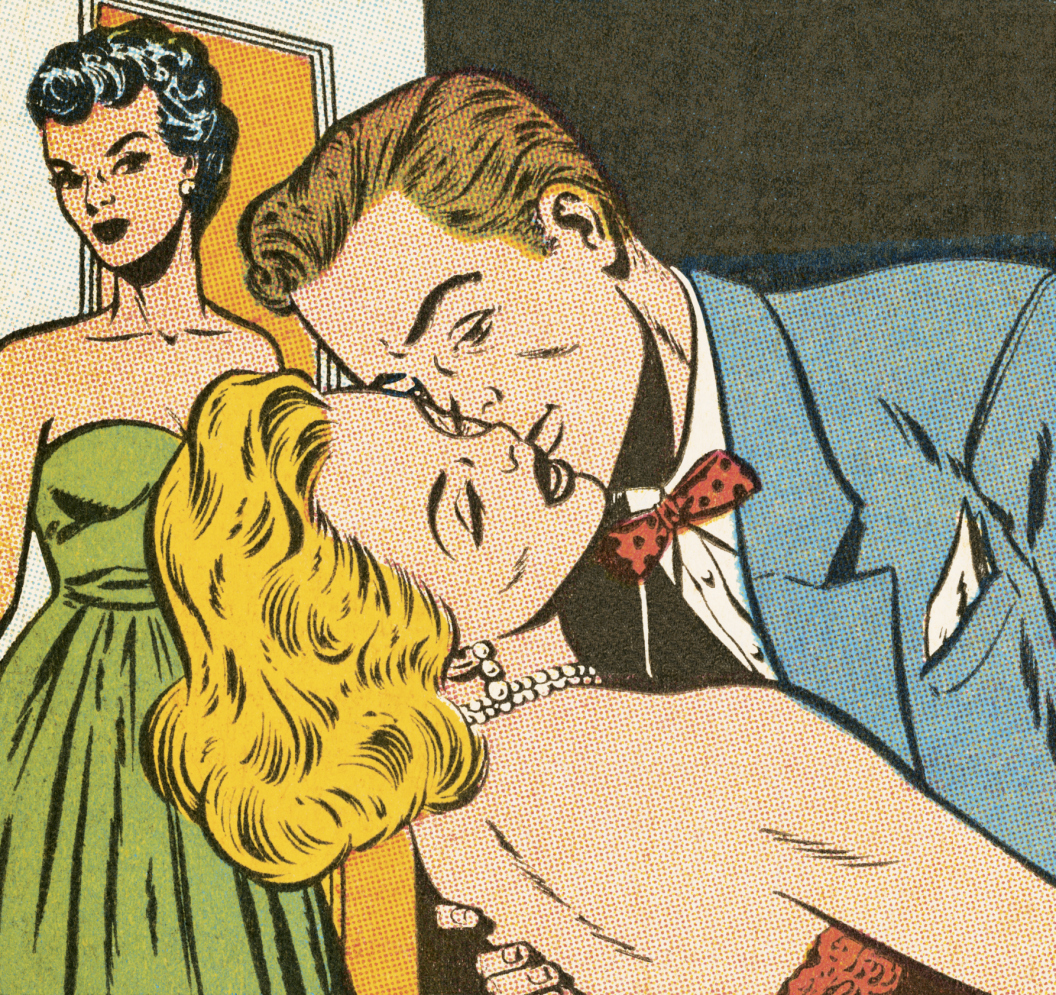 The underlying problems will remain.
The underlying problems will remain.
“They may appear to be trying to patch things up, but really one of them doesn’t want to,” Saltz says. “And then it’s probably not going to happen.”
This article was originally published on
Recommendations after dental implantation - dentistry President
Implantation is not limited to one surgical operation, it is preceded by a period of preparation and an even longer period of rehabilitation. Of no small importance for the restoration of the body and engraftment of the implant is the implementation of the recommendations. It is on their observance that the duration of the recovery period and its course depend.
Contents
- Nutrition after implantation: what we eat and when, and what we refuse
- How to eliminate pain without harming your health
- Dream
- Oral Care
- Lifestyle: do's and don'ts after dental implantation
- What is strictly prohibited after implantation
Nutrition after implantation: what we eat and when, and what we refuse
The strictest rules apply to the first day after the procedure. At this time, there is swelling of the gums and cheeks, slight bleeding, pain and discomfort. In the first few hours after surgery, soft tissues are especially vulnerable to infection, which can lead to more serious complications.
At this time, there is swelling of the gums and cheeks, slight bleeding, pain and discomfort. In the first few hours after surgery, soft tissues are especially vulnerable to infection, which can lead to more serious complications.
Therefore, in the first 2 hours after implantation, it is strictly forbidden to eat or drink. Violation of this prohibition can lead to suture separation or infection, not to mention an increase in pain. In addition, it is important to wait until the effect of anesthesia wears off and sensitivity returns, so as not to accidentally bite through the tongue, lip or cheek.
If implantation was performed under general anesthesia, the first meal is allowed no earlier than 4 hours later. On the first day, you can only take liquid food - broth or mashed potatoes, avoid any chewing load. You need to drink as much clean water as possible.
Then you can switch to soft food - pureed soups, cereals, soft boiled or stewed vegetables. This diet should be maintained for the next two to three weeks. But solid foods, especially crackers, chips, nuts, should not be consumed.
But solid foods, especially crackers, chips, nuts, should not be consumed.
Do not eat hot, cold, spicy, too salty or sour food for 2-3 weeks after the procedure. Only warm dishes are allowed, not too viscous so as not to stick to the teeth. But spices and spices should be avoided, as well as alcoholic beverages.
And most importantly, at first you should not chew on the side on which the implantation was performed, so as not to infect and not to load the implanted pin ahead of time.
How to eliminate pain without harming your health
Pain and swelling in the first few days after surgery is normal. Pain medications can be taken to relieve pain. These are non-narcotic analgesics, however, the specific drug is prescribed by the doctor, taking into account the clinical picture and the individual characteristics of the patient. Prescribing painkillers on your own is strictly prohibited.
In addition, you can apply a cold compress to the cheek - a heating pad with cold water or ice. But you can do this for no more than 10-15 minutes with a break of 40 minutes. It is impossible to keep the compress longer, so as not to provoke hypothermia and inflammation.
But you can do this for no more than 10-15 minutes with a break of 40 minutes. It is impossible to keep the compress longer, so as not to provoke hypothermia and inflammation.
To relieve or reduce pain, rinsing the mouth with a special solution will help, which drug to use should be clarified with the specialist who performed the implantation.
To speed up the healing process, a healing ointment can be applied to the operated area.
It is allowed to use herbal infusions and decoctions, but only in agreement with the doctor, since individual components can cause allergies and other reactions. The compositions are used for rinsing the mouth along with antiseptic solutions.
Sleep
In the first few days after implantation, do not sleep on your side, especially on the side where the operation was performed.
Sleep on your back, on a high pillow, so that the blood does not rush to the head and does not cause swelling and bleeding.
You can return to your normal position in the following weeks.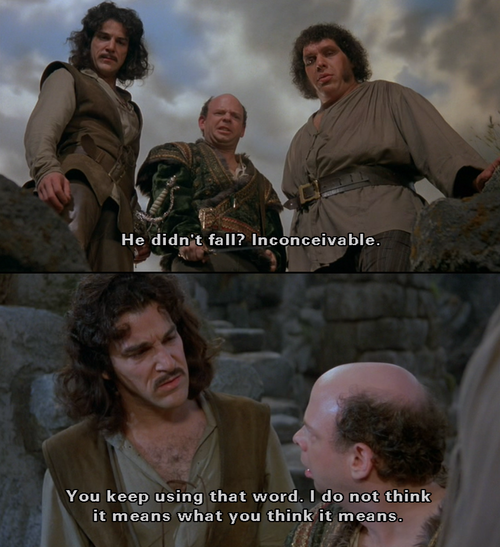
Oral care
Do not brush your teeth or rinse your mouth on the first day after implantation.
Then you can clean them with a soft brush, carefully, but do not touch the operated area, so as not to accidentally injure the tissues. The implantation site itself can be cleaned with a cotton swab dipped in a 3% hydrogen peroxide solution.
Additionally, you should rinse your mouth several times a day with special antiseptic solutions, especially after meals.
Lifestyle: do's and don'ts after dental implantation
In general, the placement of implants is not a reason to abandon your usual lifestyle. However, there are still a number of restrictions:
- complete cessation of smoking, alcohol, coffee, sweet soda;
- refusal of sports training - cardio and strength, active running, squats and other exercises;
- it is completely forbidden to visit saunas, baths, hot baths, prolonged exposure to heat and sun;
- too long stay in the cold;
- for the first few weeks, swimming should also be abandoned, both in the pool and in open water;
- it is necessary to avoid drafts to prevent colds - during the rehabilitation period it is highly undesirable to sneeze or blow your nose, this can lead to displacement of the implant.

General mobility, on the contrary, should be increased, walks in the fresh air will also benefit. On the contrary, it is impossible to spend a lot of time lying down.
To accelerate healing, you can take vitamins, mineral complexes.
What is strictly forbidden after implantation
Despite the abundance of recommendations, there are a number of things that fall under a categorical ban, these are:
- smoking and drinking alcohol;
- taking drugs that the doctor did not prescribe;
- eating hard food - nuts, seeds, crackers, snacks;
- do not touch the operated area with your hands or tongue, especially on the first day after the procedure;
- refuse medications prescribed by a specialist - antibiotics are usually prescribed, they prevent inflammatory processes and implant rejection;
- brushing teeth with a stiff brush;
- hard physical labor and sports.
If you follow these simple rules, the recovery after implantation will pass without complications, and the implant will take root safely. Otherwise, complications can be provoked, up to inflammation and rejection of an artificial tooth, which is fraught not only with a repeated operation, but also with additional costs and loss of time.
Otherwise, complications can be provoked, up to inflammation and rejection of an artificial tooth, which is fraught not only with a repeated operation, but also with additional costs and loss of time.
Our doctors
Kocharov Makar Igorevich
Arzumanyan Karen Ivanovich
Suleimanov Harutyun Afandievich
Tuzovskaya Karina Nasrulaevna
Vostrikova Nina Nikolaevna
Yatsenko Maxim Igorevich
Krukovskaya (Ivashentseva) Olga Sergeevna
Matantseva Anastasia Alekseevna
Chekmeneva Svetlana Alekseevna
Chabieva Lyubov Albertovna
Emelyanova Anna Nikolaevna
Berlova Daria Konstantinovna
See all doctors
See also
- Painless dental implants
- diamond smile
- Why is dental treatment not painful?
- Surgical dentistry
Popular materials
- Bruxism
- Wisdom tooth
- uneven teeth
- Teeth hurt during pregnancy
- Milk and molars in a child: features of growth and change
Why you can’t miss church service on December 1
|
Igor RyazovIgor Ryazov Society8 783
Photo: Izvestia / Dmitry Korotaev; www.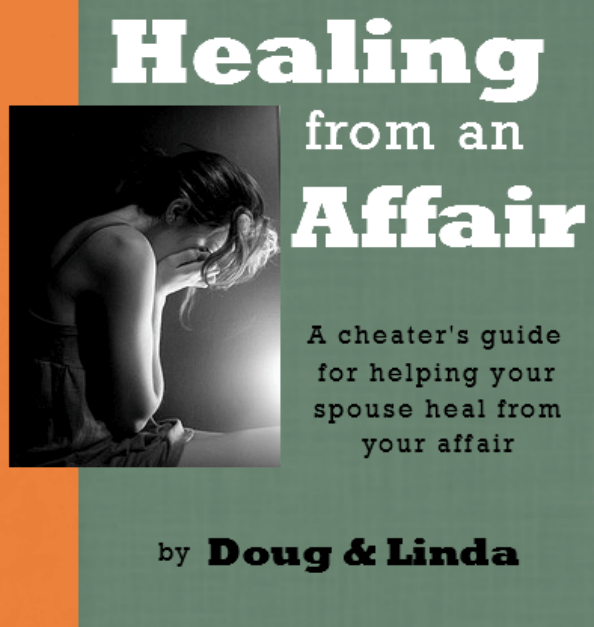 globallookpress.com / imagebroker/Siegfried Kramer, David Crane, imagebroker/Christian Heinrich
globallookpress.com / imagebroker/Siegfried Kramer, David Crane, imagebroker/Christian Heinrich
Read us at: Zen News
Orthodox believers venerate the memory of the holy martyrs Plato and Roman on December 1. In Rus', the first day of winter is associated with many signs, as well as a number of customs.
History of the holiday
Plato was the brother of the martyr Antiochus. The boys were born into a Christian family, and in their youth they began to preach the word of God. Roman is famous for having once met an eparch in Caesarea who was on his way to a pagan feast. Then he tried to convince him to renounce his faith.
Then he tried to convince him to renounce his faith.
As a result, Plato and Roman were brutally executed for preaching Christian sermons. During the years of their life in the 4th century, the emperor Agrippin was in power, who was engaged in the persecution of the followers of Christ. Later, the saints were recognized as martyrs.
In Rus', Plato and Roman were nicknamed "Winter Pointers". Our ancestors believed: what the weather was on December 1, this would be the whole winter.
What can be done December 1
On the first day of December, the peasants were engaged in various income-generating activities. For example, they made toys from baked clay or wooden utensils.
Also in Rus' on this day it was customary to pray to Roman and Plato for better well-being. In addition, the saints were asked to help survive the winter and send a good harvest next fall, writes ytro.news.
What not to do December 1
It is believed that on this day one should never miss a church service. If you do not go to the temple, then you can be left without a livelihood.
If you do not go to the temple, then you can be left without a livelihood.
In addition, on December 1, it is undesirable to look for like-minded people. On this day, it is unlikely that success will be achieved in joint projects.
The peasants believed that on the day of Plato and Roman you shouldn't let guests wash dishes in your house. If someone other than the owner or mistress takes up this work, then he can “wash away” the harmony in the family.
Signs of December 1
- In Rus', it was believed that if the weather on December 1 turned out to be severe, then the whole winter would be cold;
- A mosquito or a fly that appeared in the house - to the thaw;
- Warming was also expected if outside the window one could see a crow walking around the yard;
- If the moon was full, then snowfall was expected. If there are circles around the moon, it will be frost soon.
Earlier, 5-tv.ru reported why November 30, the day of St.


